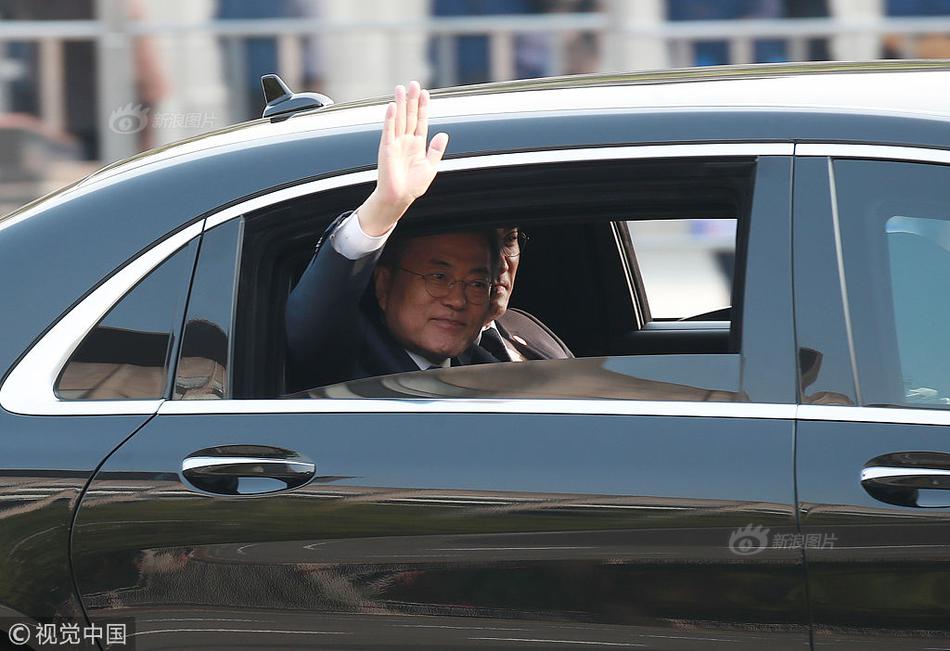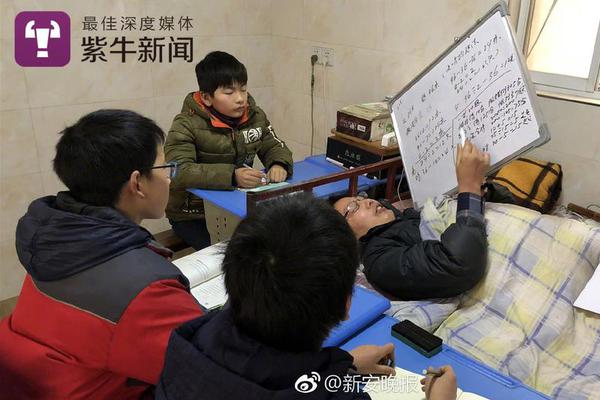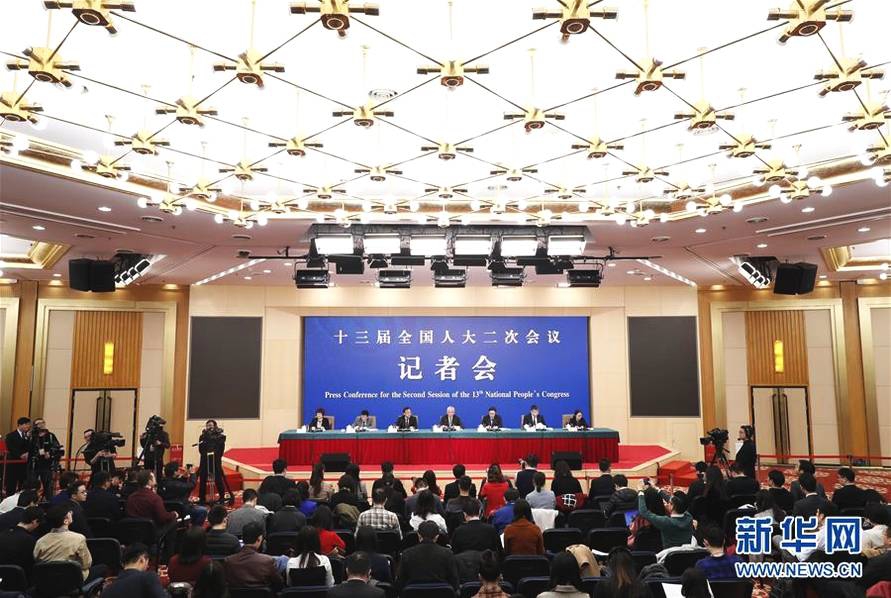ChatGPT couldn't have megan barton hanson sex videowritten a better outcome for the lawyers who used the AI chatbot to file a lawsuit filled with citations of completely non-existent cases.
On Thursday, a federal judge decidednot to impose sanctions that could've derailed the careers of attorneys Steven Schwartz and Peter LoDuca of the law firm Levidow, Levidow & Oberman.
Judge P. Kevin Castel instead let the lawyers off with a slap on the wrist: A $5,000 fine for acting in "bad faith."
Basically, the judge decided to impose a fine on the two attorneys for “shifting and contradictory explanations” and lying to the court at first when trying to defend the legal filing they submitted which cited six cases that simply did not exist.
Castel also orderedthe lawyers to notify the judges that were cited in their error-laden legal filing as the authors of the six fake cases created whole cloth by ChatGPT. While the cases were made-up, the judges that ChatGPT attached to them all exist.
The judge felt the subsequent apologies from the lawyers sufficed and did not warrant further sanctions.
In his ruling, Castel noted that he didn't have a problem with the use of AI in law. However, the lawyers were negligent in their duty to make sure the research was accurate.
“Technological advances are commonplace and there is nothing inherently improper about using a reliable artificial intelligence tool for assistance,” the judge said. “But existing rules impose a gatekeeping role on attorneys to ensure the accuracy of their filings.”
SEE ALSO: The dark web is overflowing with stolen ChatGPT accountsWhile things could've gone much worse for Schwartz and LoDuca, the law firm is considering an appeal.
“We respectfully disagree with the finding that anyone at our firm acted in bad faith," Levidow, Levidow & Oberman said in a statement. "We have already apologized to the Court and our client. We continue to believe that in the face of what even the Court acknowledged was an unprecedented situation, we made a good faith mistake in failing to believe that a piece of technology could be making up cases out of whole cloth.”
This saga began when a client of the firm wanted to sue an airline after they allegedly injured their knee on a flight. Schwartz took up the case and used ChatGPT for his legal research. The AI chatbot returned six similar previous cases it claimed it had found and the lawyer included this into his filing. Everything was signed off by LoDuca, who technically was representing the client as he is admitted to the federal courts whereas Schwartz is not.
Unfortunately for the two lawyers, ChatGPT completely fabricated those six cases and the two attempted to argue their way out of admitting they wholly depended on an AI chatbot and did not lookover its claims.
As for that underlying case brought by their client against the airline, the judge tossed the case due to the statute of limitations expiring.
Topics Artificial Intelligence ChatGPT OpenAI
(Editor: {typename type="name"/})
 Miami Heat vs. Los Angeles Lakers 2025 livestream: Watch NBA online
Miami Heat vs. Los Angeles Lakers 2025 livestream: Watch NBA online
 Google's cofounders are no longer running Alphabet
Google's cofounders are no longer running Alphabet
 Someone pretended to be a mayor and the government gave him a .gov domain
Someone pretended to be a mayor and the government gave him a .gov domain
 Someone like boo: Adele confirms she's put a ring on it while discussing #feels
Someone like boo: Adele confirms she's put a ring on it while discussing #feels
 Best monitor deal: Save $120 on LG 34
Best monitor deal: Save $120 on LG 34
Best Soundcore by Anker Space A40 earbuds deal: Save $35 at Amazon
 SAVE $35:As of Jan. 14, the Soundcore by Anker Space A40 earbuds are on sale for $44.99. This is 44%
...[Details]
SAVE $35:As of Jan. 14, the Soundcore by Anker Space A40 earbuds are on sale for $44.99. This is 44%
...[Details]
Facebook's 'Liam' chatbot helps employees talk about scandals
 This holiday season, let's all take a moment and remember the poor, poor Facebook employees. It's no
...[Details]
This holiday season, let's all take a moment and remember the poor, poor Facebook employees. It's no
...[Details]
End of an era: Jony Ive removed from Apple's leadership page
 The fact that legendary Apple designer Jony Ive is leaving the company has been known since June, bu
...[Details]
The fact that legendary Apple designer Jony Ive is leaving the company has been known since June, bu
...[Details]
A guide to the everyday technology worth being thankful for
 I carry a lot of animosity towards everyday tech. iPhones distract my loved ones from our quality ti
...[Details]
I carry a lot of animosity towards everyday tech. iPhones distract my loved ones from our quality ti
...[Details]
AI action figure trend: What it is and how to make yours
 If your FYP, timeline, or feed feels like a toy aisle lately, you're not imagining things. The lates
...[Details]
If your FYP, timeline, or feed feels like a toy aisle lately, you're not imagining things. The lates
...[Details]
Her father refused to, so woman's boss walks her down the aisle to marry her bride
 Being gay can be especially tough in some conservative Asian cultures, but supportive workplaces can
...[Details]
Being gay can be especially tough in some conservative Asian cultures, but supportive workplaces can
...[Details]
China releases surprisingly progressive sex education textbook supporting same
 China isn't known for being progressive with sex education, but a new textbook is changing that.The
...[Details]
China isn't known for being progressive with sex education, but a new textbook is changing that.The
...[Details]
This startup wants the funeral industry to look more like the wedding industry
 Two things are certain: death and taxes (the latter, at least, if you’re not in the one percen
...[Details]
Two things are certain: death and taxes (the latter, at least, if you’re not in the one percen
...[Details]
NYT Connections Sports Edition hints and answers for January 6: Tips to solve Connections #105
 Connections: Sports Editionis a new version of the popular New York Times word game that seeks to te
...[Details]
Connections: Sports Editionis a new version of the popular New York Times word game that seeks to te
...[Details]
Katy Perry walked the red carpet with quinoa stuck in her teeth. Trust no one.
 Sometimes betrayal is not a pop song or a text message divorce. Sometimes it is a milder beast. Katy
...[Details]
Sometimes betrayal is not a pop song or a text message divorce. Sometimes it is a milder beast. Katy
...[Details]
Houston Rockets vs. Dallas Mavericks 2025 livestream: Watch NBA online

New Samsung foldable phone will be a lot cheaper than the Fold, report claims

接受PR>=1、BR>=1,流量相当,内容相关类链接。